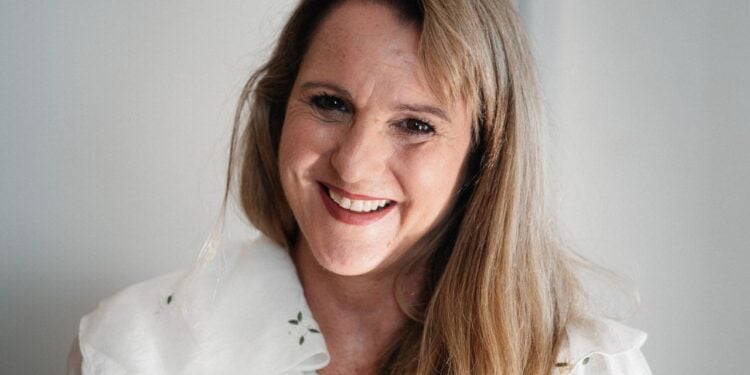Much has been said about the four-day work week, but the kickoff of one of the largest research projects on this model could alter how companies operate for good.
Nonprofit 4-Day Week Global has launched the 6-month pilot for 170 companies looking to explore the ins and outs of a shorter work week — with no loss in pay.
This week, cofounder and managing director Charlotte Lockhart sat down with Allwork.Space’s Future of Work Podcast to discuss why this type of research is necessary and how to optimize productivity in the workplace.
It all started when Lockhart and her partner Andrew Bonds decided to transition their trust estate planning company Perpetual Guardian to a 32-hour week after reading about the benefits of a condensed model.
“[My partner said] that he read an article in The Economist that said that productivity in the UK was less than 3 hours a day…” said Lockhart.
“So, he sent an email to our HR and said, ‘Hey, Christine, I’ve got this crazy idea. How about we give people a day off and see if we can improve productivity?’ She apparently deleted that email because she’s thinking, I’m not having any of that. This man’s a crazy person. And but then the rest is history…”
From there, the two created the organization and hired Joe O’Connor to serve as the CEO.
As they began laying out the details for what their pilot program could look like, Lockhart said the organization took a “100-80-100 rule,” meaning that participants receive 100% pay for 80% of their time “as long as 100% of productivity is achieved.”
In doing so, Lockhart says workers become more efficient with their time at work. For instance, instead of attending meetings that may not be necessary for a person’s role, they can instead use this time to work on projects that have a deadline.
According to Lockhart, managers who participate in the program “love going to work now because their people are really happy…The other thing that they find is that because everyone’s clear about why they’re there, they can get their jobs done better.”
















